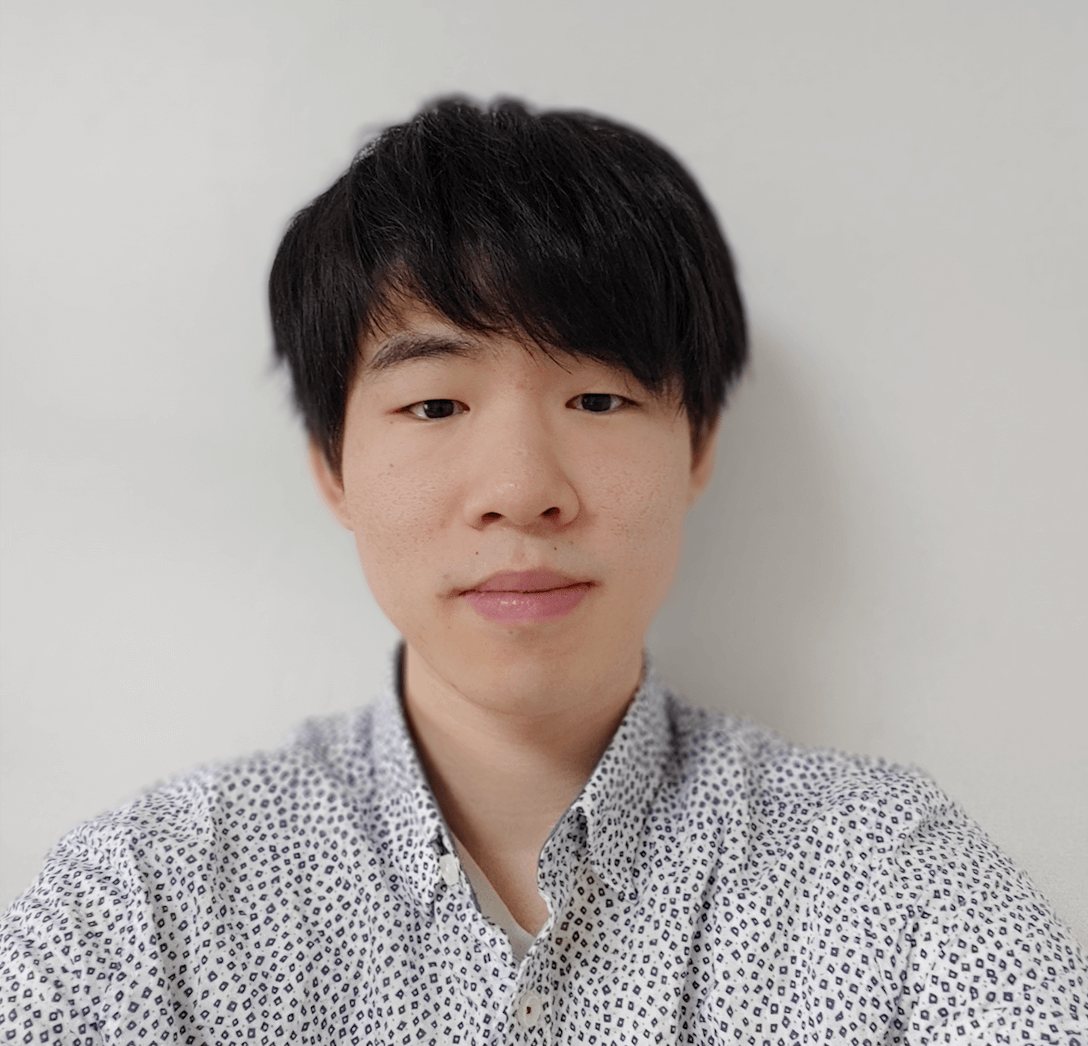Reflections from a South Korean International Student: “I Want to Go Back to Canada and Study in an Actual Classroom”
In this video, YouthREX speaks to Jae Woong Han about his experiences as a South Korean undergraduate student at York University. He talks about his challenges, what he misses, and what makes him hopeful during a global pandemic. Scroll down to see the full interview transcript.
International students are essential to Canada’s society and economy, especially our post-secondary institutions. If we look at the economic impact alone, they contribute $22B to Canada’s economy annually. But how are international students faring during the COVID-19 pandemic? And how are the government and schools supporting them?
The federal government recently made some changes to accommodate international students, but many are still left disconnected, uncertain of their future and financially burdened. For starters:
- Permanent status is even harder to obtain. A recent survey found that 60% of international students hoped to become a permanent resident (PR) in Canada after graduation. For most students, to get PR status they must work in a ‘skilled’ job full-time for 1 year post-graduation. With job shortages, many international students are struggling more than ever to enter the job market in Canada, which makes meeting the eligibility criteria far more difficult. Many are worried about the possibility of deportation.
- Tuition fees are still rising. Institutions across Ontario continue to raise the tuition fees for international students mid-pandemic, despite the financial troubles people are experiencing across the globe and the limited access to university facilities and services.
- Time differences, technology troubles, and isolation for students back home. Some students returned to their home country during the pandemic to continue their degree virtually. However, many of these students struggle to watch lectures due to bandwidth issues, must attend classes in the middle of the night, and/or feel isolated from their classmates in Canada.
This interview highlights a personal experience of one international student living in South Korea and taking classes at York University, a 13-hour time difference and halfway across the world.
INTERVIEW TRANSCRIPT
Clementine: How is the current pandemic affecting you and your education?
Jae: Currently, I am staying in South Korea with my family, and I am really looking forward to seeing the end of the pandemic. I want to go back to Canada and study in an actual classroom. However, due to the pandemic, I cannot go back to Canada. When the pandemic hit in South Korea during the spring, I could not go outside often, and could not see my friends. I was staying in the house reading some books and chatting with my friends online. Taking an online class is easy for me to manage on my own schedule, and I don’t need to force myself to study at a specific time. However, I prefer to have an actual class, so I can ask questions and share my opinions with other students.
South Korea is managing well during the COVID-19 pandemic. Although it is mandatory to wear a mask in South Korea, I can go outside freely and there is no limit to meeting people. It is better than in the springtime. I am missing my friends, professors, and people who helped me and supported me in Canada.
My plan is to go back to Canada next year and work in Canada after I graduate from York University. Although I can go to Canada now, it is dangerous for me to go during the pandemic.
Clementine: How do you imagine the time difference between South Korea and Canada might affect your studies?
Jae: There is a 13 hour time difference between South Korea and Canada, so if I want to participate in online lectures, it is going to be night time in South Korea and that will make it difficult. I know that the overall situation is not great so I am very understanding and willing to adjust to this new way of learning as much as I can.
Clementine: What makes you feel hopeful during this time?
Jae: It is a difficult time for everyone. However, I’m seeing government and medical professionals at their best working through this situation, so I am seeing hope that things will get better in the future. When I watch the news, I hear that many companies and countries are working on vaccines and treatments, so I’m also seeing hope that this situation will end someday.
Clementine: What words of encouragement do you have for other international students going back to school virtually this fall?
Jae: This is a challenging time for everyone and not just for international students. I hope we can resolve this problem as soon as possible so that we can go back to our normal lives.


